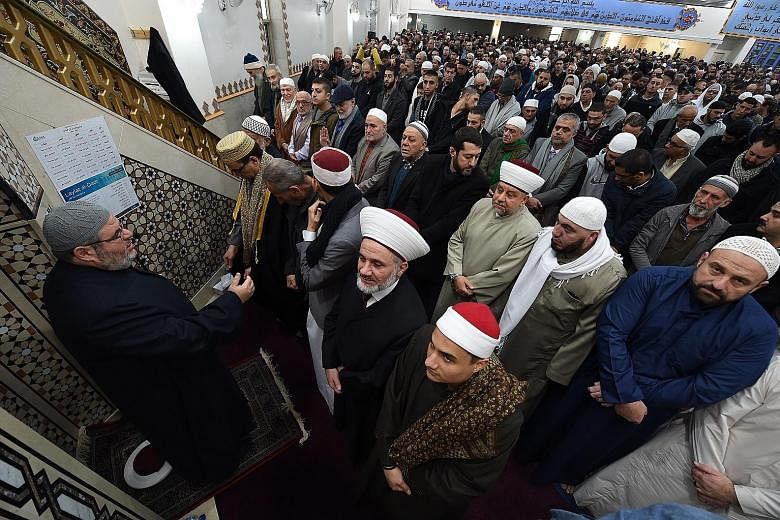SYDNEY • Race relations in Australia have deteriorated so badly that some community leaders fear violence will erupt in a political vacuum where the new government, elected with a bare majority, must rely on the support of parties that have fomented the discord.
The potential for violence after a bitter election campaign, which featured calls for a ban on Muslim immigration, is palpable for people like Afghan-born Mr Muhammad Taqi Haidari.
Mr Haidari, from Afghanistan's Shi'ite Muslim Hazara minority, no longer tells people his name is Muhammad, preferring to use Taqi.
"When there is a problem like in Paris and now in Nice, they hear the name Muhammad. They include me as one of those Muhammads," Mr Haidari, who lives in Sydney's less affluent western suburbs, told Reuters.
Australia, a staunch United States ally with troops in Afghanistan and Iraq, has been spared the mass violence that has become commonplace among other US allies, particularly in Europe.
In Australia, once fringe parties such as Ms Pauline Hanson's One Nation, which first gained international notoriety in the late 1990s, have exploited the fear that such attacks have generated by saying that Muslim immigration must be stopped.
Community leaders like Mr Stepan Kerkyasharian, a veteran former head of a government anti- discrimination board, fear that their rhetoric will generate retaliatory acts against Muslim immigrants.
That is an even more pressing concern after the narrow win secured by Australia's conservative coalition in July 2 elections, which also gave a stronger voice to fringe political players like Ms Hanson.
"The intensity and feeling have been there for some time but it has now made it into the public discourse. It would be a serious mistake to underestimate the potential for violence," Mr Kerkyasharian told Reuters.
"Unfortunately, there has been a reluctance on the part of political leadership to engage people in rational debate and discussion on this matter," he added.
Violence over race relations has threatened to erupt in the barely four weeks since Ms Hanson secured her return to the Australian Parliament. Her public appearances have attracted protesters and supporters in numbers rarely seen in Australian politics.
Outwardly easy-going and peaceful, Australia has a troubling race relations record. The White Australia policy, which was dismantled only in the late 1960s, favoured European migrants over non-whites. Australia's Aborigines were administered under flora and fauna laws until then and remain far behind the rest of the population in literacy, health and economic standards.
In 2005, riots broke out in the Sydney beachside suburb of Cronulla between white residents and Lebanese from other suburbs, gaining international notoriety.
Mr Duncan Lewis, director-general of the Australian Security Intelligence Organisation, told a parliamentary committee in May that as many as 59 Australians had been killed fighting with the Islamic State in Iraq and Syria terrorist group.
So it is not entirely surprising that many ordinary Australians, and even morning TV show presenters, have come out in favour of Ms Hanson's Muslim immigration ban, stirring fierce debate on prime-time television and on social media.
Her unexpectedly influential position after an indecisive election - Ms Hanson and a handful of others will likely form a bloc whose vote will determine the passage or rejection of legislation - means that mainstream politicians ignore her at their peril.
The rise of One Nation in Australia echoes what has been seen in Europe, where centrist governments are being challenged by right-wing, anti-immigration parties after hundreds of thousands of people poured in, fleeing war in Afghanistan, Syria and Iraq.
Mr Muhammad Ali, a 30-year-old Afghan who lives in Sydney, said Ms Hanson's anti-Islam comments were already putting people at risk.
"Hanson has a right to speak," he said. "But will she take responsibility for what happens as a result of her words?"
REUTERS

